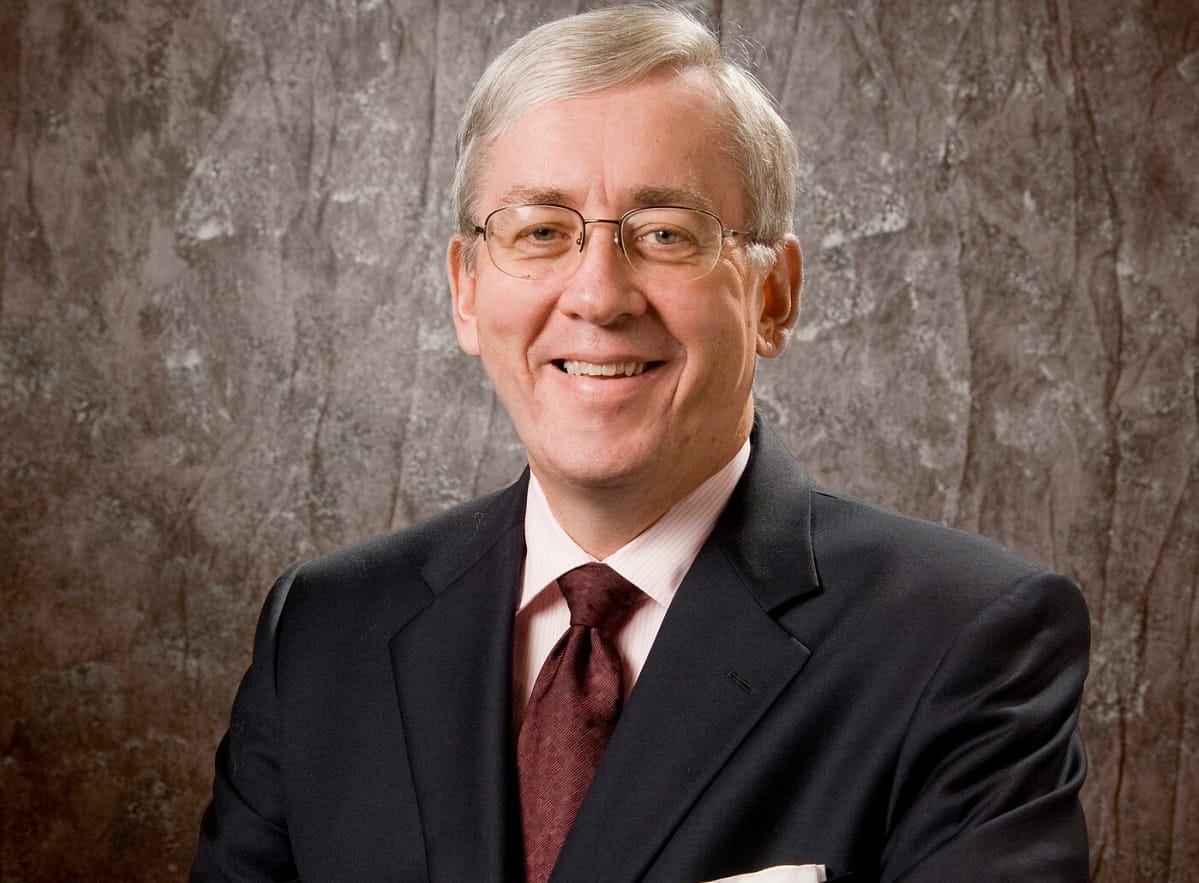Permanent Suspension of Donald Trump From Facebook Now in the Hands of its Oversight Board Subsidiary
February 7, 2021—After the insurrection at the U.S. Capitol on January 6, Facebook was one of the first big tech platforms to ban former President Donald Trump from posting, announcing on January 7 that his suspension would last at least until the inauguration of President Joe Biden. Following the i
Benjamin Kahn

February 7, 2021—After the insurrection at the U.S. Capitol on January 6, Facebook was one of the first big tech platforms to ban former President Donald Trump from posting, announcing on January 7 that his suspension would last at least until the inauguration of President Joe Biden.
Following the inauguration, Facebook CEO Mark Zuckerberg said that he would refer the decision about whether to permanently ban Trump to the tech company’s so-called “Supreme Court,” its relatively new oversight board subsidiary.
This “referral” to Oversight Board LLC is among the first test cases for the entity – and the concept – as the major tech giants face growing complaints about politicization and even censorship.
But considerations over whether or not to permanently ban Trump is only one of the many controversial cases that will be considered by the subsidiary, according to a panel of experts discussing Facebook’s new Oversight Board at the Cato Institute on Thursday. The group become functional last year.
Cato Vice President John Samples tried to assure the panel that Oversight Board operates independently from Facebook, and said that it was comprised of board members representing many cultures and ethnicities. He emphasized that Oversight Boards’s primary goal was to propose non-binding recommendations regarding Facebook’s content moderation around the world.
Despite the perception and claims that Oversight Board will be independent, a minimum of 75 percent of the entity’s voting shares are controlled by Facebook. Facebook reserves the right to appoint or remove members of Oversight Board.
Even though the decisions proposed by Oversight Board are not binding on Facebook, Samples believes that the company would not disregard them lightly. “If they don’t [adhere to the suggested solutions], then there will be a gigantic mess because they publicly committed themselves to” do so, he said.
Others on the panel agreed. Ignoring Oversight Boards’ recommendations would only serve to undercut its independence and legitimacy, said New America’s Spandana Singh. “That would really defeat the whole purpose of the board.”
The topics to be tackled by Oversight Board range from hate speech and incitement of violence – including the January 6 insurrection — to combatting the spread of fake news.
These situation may become particularly problematic regarding world leaders that lack legitimacy, panelists said.
Autocratic systems often eschew both democratic legitimacy and liberal legitimacy, and merely need to monopolize the information systems in their country, said Samples. This, he said, makes it pretty straightforward to act against these governments and their leaders.
That is not necessarily the case in a democratic nation like the United States. “An average citizen has got to believe in the legitimacy of their leaders—they’ve got to believe in the transparency of the process—if any of those things fail, the democracy fails,” Samples said.
R Street’s Tatyana Bolton said she believed that the Trump ban would be upheld because it checks a couple of the boxes necessary to qualify for a ban. Trump’s behavior in both spreading false information and in inciting violence were against Facebook’s terms of service. Banning him would be consistent with those terms, she said.









Member discussion